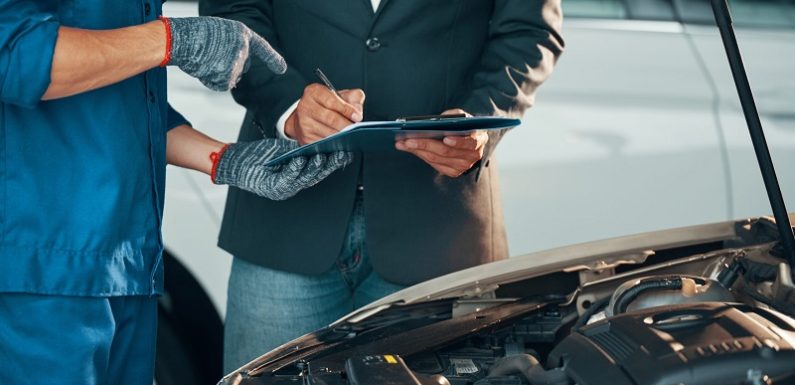
In the intricate tapestry of the automotive industry, vehicle organizations play a pivotal role, serving as the backbone of advocacy, safety standards, innovation, and community within the realm of transportation. These entities, ranging from regulatory bodies and industry associations to non-profit groups and clubs, collectively contribute to shaping the future of mobility, ensuring consumer protection, and fostering a culture of excellence and sustainability in the automotive world. This article delves into the multifaceted world of vehicle organizations, highlighting their contributions and significance in the automotive sector.
The Spectrum of Vehicle Organizations
Vehicle organizations encompass a broad array of entities, each with its unique focus and objectives. Regulatory bodies, such as the National Highway Traffic Safety Administration (NHTSA) in the United States, are tasked with setting and enforcing safety standards, conducting vehicle recalls, and promoting road safety. Industry associations like the Society of Automotive Engineers (SAE) play a crucial role in developing technical standards, fostering innovation, and facilitating knowledge exchange among professionals.
On the other hand, consumer advocacy groups, such as the American Automobile Association (AAA), offer a wealth of services to members, including roadside assistance, automotive research, and advocacy on issues like fuel prices, road safety, and consumer rights. Car clubs and enthusiast groups cater to the passion and interests of vehicle owners, providing a platform for social interaction, vehicle shows, and shared experiences around specific makes, models, or automotive cultures.
The Impact of Vehicle Organizations
- Advancing Automotive Safety: Vehicle organizations are instrumental in advancing automotive safety through research, advocacy, and the development of safety standards. Their efforts have led to significant innovations in vehicle safety features, such as advanced driver-assistance systems (ADAS), airbags, and crashworthiness standards, contributing to a steady decline in road fatalities over the years.
- Promoting Sustainability and Innovation: With the automotive industry at a pivotal juncture towards electrification and sustainability, vehicle organizations are at the forefront of promoting eco-friendly technologies and practices. They support research and development in areas such as electric vehicles (EVs), alternative fuels, and emissions reduction, paving the way for a greener future in transportation.
- Consumer Advocacy and Education: Vehicle organizations play a vital role in advocating for consumer rights and providing educational resources to help consumers make informed decisions. From vehicle buying guides and maintenance tips to advocating for fair legislation and transparent practices within the automotive industry, these organizations work tirelessly to protect and educate consumers.
- Fostering Community and Culture: Car clubs and enthusiast groups foster a sense of community among vehicle owners, celebrating the joy and passion for automobiles. These organizations host events, rallies, and shows that not only provide entertainment but also contribute to the cultural and historical preservation of the automotive heritage.
In Conclusion
Vehicle organizations are indispensable pillars of the automotive world, driving progress in safety, innovation, sustainability, and consumer advocacy. They embody the collective efforts of individuals and entities dedicated to enhancing the automotive experience, ensuring the well-being of consumers, and shaping the future of transportation. As the automotive landscape continues to evolve, the role of these organizations will undoubtedly expand, further solidifying their position as key contributors to the dynamic and ever-changing world of vehicles

